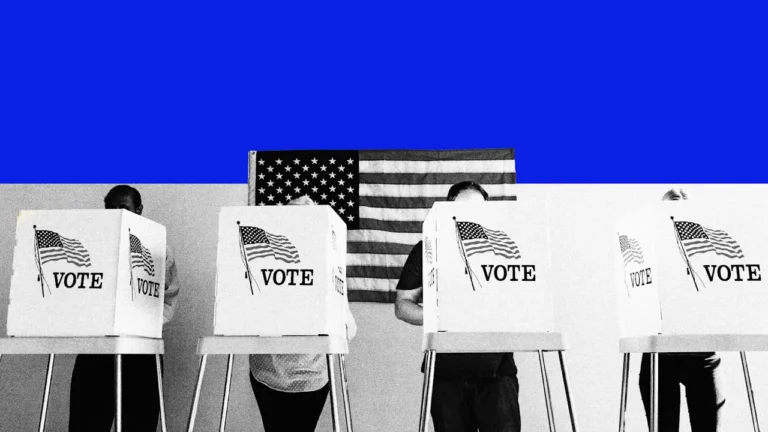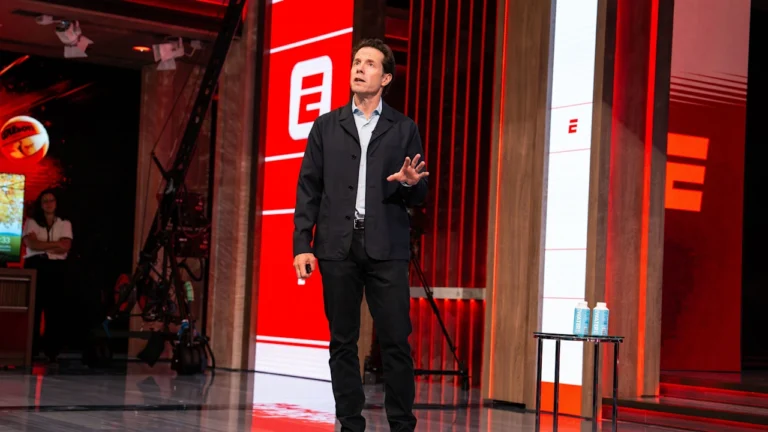
Laguna Beach Police Department/Handout via REUTERS
- NHTSA is investigating whether Tesla correctly reported crashes tied to Autopilot and FSD.
- The regulator said Tesla said it was an issue with data collection that has now been remedied.
- Tesla and NHTSA did not immediately respond to a request for comment.
Tesla is once again in the crosshairs of federal regulators.
The National Highway Traffic Safety Administration announced Wednesday that it is investigating allegations that Tesla is not correctly reporting crashes involving its Autopilot and Full Self-Driving systems.
In the probe notice, the NHTSA said that car companies are required to report crashes involving autonomous or advanced driver assistance systems within five days of being notified of them. The regulator alleged that Tesla submitted reports months after the incident, sometimes in batches or on a rolling basis.
“Preliminary engagement between [Office of Defects Investigation] and Tesla on the issue indicates that the timing of the reports was due to an issue with Tesla’s data collection, which, according to Tesla, has now been fixed,” according to the NHTSA’s notice. “NHTSA is opening this Audit Query, a standard process for reviewing compliance with legal requirements, to evaluate the cause of the potential delays in reporting, the scope of any such delays, and the mitigations that Tesla has developed to address them.”
The NHTSA did not immediately respond to a request for comment.
Dan O’Dowd, founder of The Dawn Project, a tech safety advocacy group, pointed out to Business Insider that according to Tesla’s crash-counting methodology listed on its website, the company only counts crashes involving airbag deployments and if Autopilot was engaged within five seconds before the crash.
Tesla did not immediately respond to a request for comment.
In 2022, the NHTSA said it was investigating Tesla’s Model 3 and Model Y vehicles over an alleged phenomenon known as “phantom braking,” which is when the vehicle suddenly slams on the brakes for no reason, often at high speeds.
In 2020, Tesla CEO Elon Musk said on what was then Twitter that phantom braking would be fixed in a coming software update, but he has not commented further since then.
On August 1, a Florida judge ordered Tesla to pay $242 million in damages after finding the EV partly to blame for a 2019 crash that killed a 22-year-old woman and seriously injured her boyfriend. The driver was using Autopilot and had briefly looked away when the crash took place.
Musk said on X that the company would appeal the decision.
Another lawsuit brought by California’s Department of Motor Vehicles alleges that Tesla’s use of language in advertising Autopilot and FSD has misled consumers into thinking the vehicles are more autonomous than they really are. The case could see Tesla’s right to sell in California suspended for at least 30 days.
Attorney Matthew Benedetto, a member of Tesla’s legal team, denied the allegations and told an administrative judge last month that the company informed customers that they “cannot fully rely” on FSD or Autopilot.



